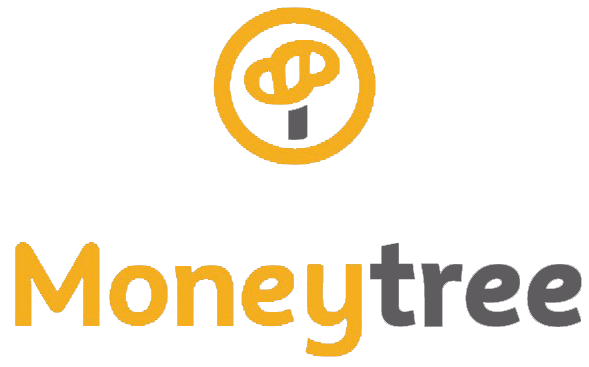Body
Capital Gains Tax Allowances, Liabilities & Reliefs
In the tax year 2025/2026, an individual’s CGT allowance is £3000.
This means you do not have to pay tax on gains from buying and selling shares or other investments during the tax year up to that amount. You do not normally have to pay tax on any gain you make when you sell your main residence.
|
2025/2026 |
2024/2025 |
|
|
For standard rate taxpayers(1) |
18% |
10% |
|
For trustees and higher/additional rate taxpayers(1) |
24% |
20% |
|
Annual exempt amount - individuals |
£3,000 |
£3,000 |
|
Annual exempt amount - trusts |
£1,500 |
£1,500 |
|
Entrepreneurs' relief lifetime limit |
£1,000,000 |
£1,000,000 |
|
Entrepreneurs' rate |
14% |
10% |
(1). These rates do not apply to transactions involving residential property (the sale of second homes) or carried interest (the share of profits or gains that is paid to asset managers). CGT rates for these transactions remain at 18% (standard rate taxpayers) and 24% (higher rate taxpayers).
If you have used your CGT allowance, don't forget your Individual Savings Account (ISA) allowance. Both a 'Cash ISA' and a 'Stocks and Shares ISA' can shelter capital gains on investments, for example unit trust holdings, worth up to £20,000 per year.
From 6th April 2008 Taper Relief was removed and a new relief called 'Entrepreneurs' relief' was introduced to reduce the Capital Gains Liabilities on the disposal of certain business assets.
CGT is a tax on capital 'gains'. If when you sell or give away an asset it has increased in value, you may be taxed on the 'gain' (profit). This doesn't apply when you sell personal belongings worth £3,000 or less or, in most cases, your main home.
When do I have to pay CGT?
You may have to pay CGT if, for example, you:
- sell, give away, exchange or otherwise dispose of (cease to own) an asset or part of an asset
- receive money from an asset - for example compensation for a damaged asset
You don't have to pay CGT on:
- your car
- your main home - provided certain conditions are met
- ISAs
- UK Government gilts (bonds)
- personal belongings individually worth £3,000 or less when you sell them
- betting, lottery or pools winnings
- money which forms part of your income for income tax purposes
Important Considerations:
- if you are married or in a civil partnership and living together you can transfer assets to your husband, wife or civil partner without having to pay CGT
- you may not give assets to your children or others or sell assets to them cheaply without having to consider CGT
- if you make a loss you may be able to make a claim for that loss and deduct it from other gains, but only if the asset normally attracts CGT
- if someone dies and leaves their belongings to their beneficiaries, there is no CGT to pay at that time - however if an asset is later disposed of by a beneficiary, any CGT they may have to pay will be based on the difference between the market value at the time of death and the value at the time of disposal
For further information about the 2025 Budget changes please click here.
Warning Text

TAX TREATMENT VARIES ACCORDING TO INDIVIDUAL CIRCUMSTANCES AND IS SUBJECT TO CHANGE.
THE FINANCIAL CONDUCT AUTHORITY DOES NOT REGULATE ADVICE ON ESTATE PLANNING.
THE FINANCIAL CONDUCT AUTHORITY DOES NOT REGULATE TAXATION ADVICE.
